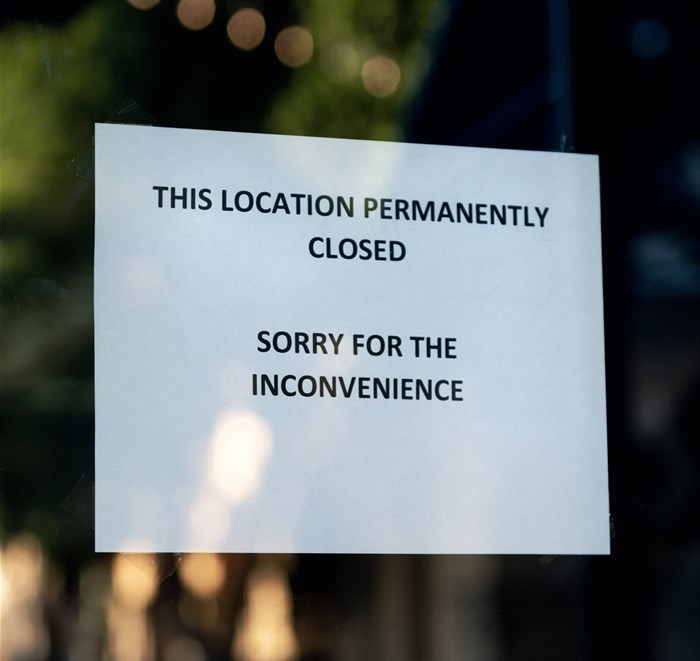
Top stories






More news


Marketing & Media
Ads are coming to AI. Does that really have to be such a bad thing?














Without the right skills and support it’s difficult for small business owners to make informed financial decisions about their future. And if they aren’t putting the right processes and tools in place to manage money, businesses are more likely to incur expensive debt without contemplating the long-term consequences.
As a result of the current skills gap and lack of support in this area, poor financial decisions are one of the biggest contributing factors for the high SME failure rate. Investment in technology also plays a significant role in this issue.
A lot of small business owners are unaware of tools available on the market that could help them save time and money managing their finances, such as cloud-based accounting software or services that can automate bookkeeping processes.
One way to alleviate the problem is for small businesses to work with an accountant to play an active role in helping them improve their financial skills. Accountants can provide small businesses with financial advice, training, and support to help them better understand and manage their finances.
They can also guide them through the tax process, which is critical given 32% of businesses said tax compliance and lack of knowledge in this area was a top challenge.
Our recent Xero research shows that over half of small businesses still aren’t working with an accountant, and worryingly, 38% are still using spreadsheets to manage their finances.
Accountants are also key to helping small businesses to digitise and leverage tools that streamline their financial operations and give them a real-time view of their financial performance. Small businesses using spreadsheets and paper methods are going to struggle to survive in the long term. It’s great to see so many accountants leading the way in this area.
But this can only go so far, as our survey results point out, the government has an important role to play in helping businesses to improve their financial literacy too. We need to see greater tax relief for small businesses to up-skill staff in critical digital skills so they are set up for growth and better guidance on where businesses can find resources and training.
There also needs to be stronger collaboration from the government with technology firms to ensure emerging technologies are being reflected in training programmes and education - this will help ensure future business owners have the right skills.
A government campaign to promote the role of accountants and encouraging small businesses to work with one - if they aren’t already - would make a big difference too. 40% of SMEs told us that working with an adviser meant they could keep employees on the payroll during the pandemic. Accountants can also drive better tax compliance and ultimately help SARS expand the tax base.
While policymakers and tech leaders can do a lot, the people most capable of changing how small businesses adopt technology are likely to be small business owners themselves. It is not easy to challenge our own behaviours and our mindsets, but it is possible.
Successfully implementing change within a business requires an open way of thinking that is not about control, but about connecting people to a purpose that enables them to believe in the outcome you’re trying to achieve.
Training might seem like an expense, but ensuring your team has the right skills to make the most of tech tools will pay off in the long run.
Clear communication and creating champions and agents of change in the business to support other staff with new skills are key.
South African SMEs are the lifeblood of the local economy but also the most vulnerable. Without the right skills for the future, these businesses won’t be able to do critical things like accurately plan for the future, effectively manage cash flow, and access funding.
The government needs small businesses to be successful and grow, as this is what will fuel our economy and also help expand the tax-payer base in South Africa. As we approach the State of the Nation Address, we need to see a renewed focus from the government on financial skills and driving digital adoption.